Defence Ministry Refuses Prosecution Of 30 Soldiers For Nagaland Killings
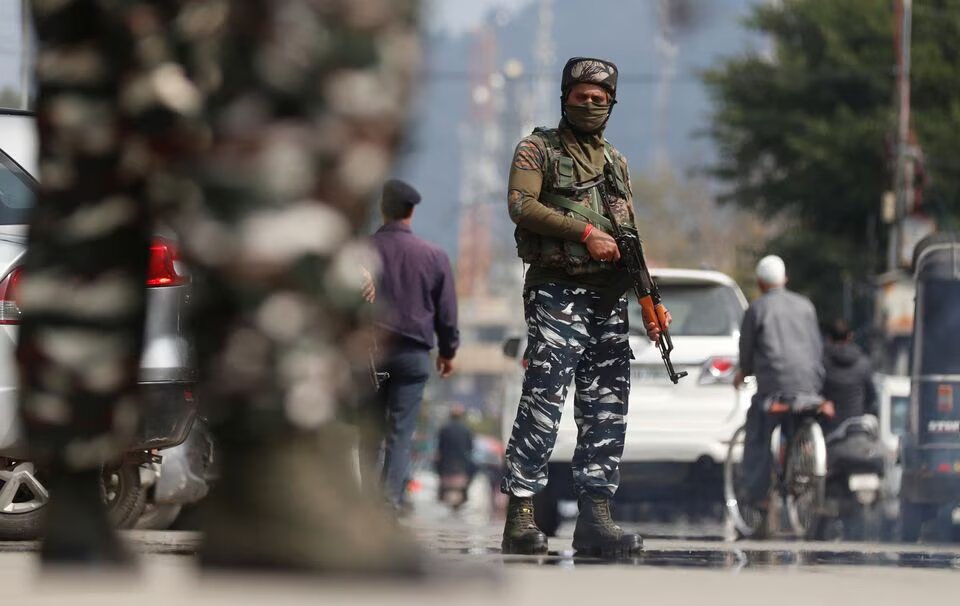
- The petitioner had asked for the chargesheet to be put on hold because the Department of Military Affairs had not given permission for the case to go forward.
- The AFSPA gives the security forces protection, so in July 2022, the apex court stopped the FIR and the SIT report from going forward.
The department of Military Affairs in the Ministry of Defence has denied permission to prosecute the 30 Army members who were allegedly involved in the shooting that killed six civilians in Nagaland’s Oting village in December 2021, the office of the Director General of Police in Nagaland said on Thursday.
In Oting in Mon district on the evening of December 4, 2021, security forces shot at a pickup truck with eight miners in it because they thought it was someone else. Six people died on the spot, but two made it. In the violence that followed, seven more citizens and one security worker were killed.
The event made a lot of people in Nagaland and the Northeast angry, so the state government set up a Special Investigation Team (SIT) to look into it. Separately, the Army set up a separate Court of Inquiry to look into what happened and promised to punish anyone who was found to be responsible, “regardless of rank.”
The SIT finished its investigation and filed a chargesheet at the District and Sessions Court in Mon in May 2022 based on what it found. It charged all 30 members of the 21 Para SF team, including the team leader, a Major, under IPC sections linked to murder, attempted murder, and the destruction of evidence, among other things, pending prosecution approval.
The SIT found that all of the people who were shot “clearly meant to kill” them. It said that the team leader “conspired to kill the people in the pickup truck, even though the information from the ground was different.”
But the legal process could not move forward because the Centre had to give permission to prosecute before any action could be taken against security personnel in places covered by the Armed Forces Special Powers Act (AFSPA) of 1958.
The DGP’s office said in a statement on Thursday that the punishment has been turned down.
“After the probe was over, on March 24, 2022, the SIT asked for permission to go to court from the Department of Military Affairs, Ministry of Defense, Government of India…Under section 197(2) of the Criminal Procedure Code and section 6 of the Armed Forces Special Powers Act (AFSPA), any legal action against a member of the security forces for something they did while doing their job needs permission from the Indian government. …In the meantime, the responsible authority (Department of Military Affairs, Ministry of Defence, Government of India) has said that all 30 of the accused will not be prosecuted, according to a statement signed by Nagaland’s Inspector General of Police, Roopa M.
It said that the SIT and the State Crime Cell Police Station had told the district and sessions court in Mon that they couldn’t go forward with the case.
Since then, the Army has stuck to the idea that the raid was a case of “mistaken identity.” On December 6, 2021, two days after the event, Union Home Minister Amit Shah said the same thing in Parliament.
Even though the Army said in May 2022 that its independent Court of Inquiry was done, it has yet to decide what to do next. Top Army in December 2017 that they could not “proceed” with the story because the case was “sub-judice.”
“The Court of Inquiry is done in every way, but the case is still being decided. We can’t move forward on our own until the (Supreme) Court makes a final decision,” a top official had said, adding that all of the team involved in the event, except for one member who has since retired, is still on duty.
The AFSPA gives the security forces protection, so in July 2022, the apex court stopped the FIR and the SIT report from going forward. This was done because the wife of the Army officer who had led the action had asked for it. The petitioner had asked for the chargesheet to be put on hold because the Department of Military Affairs had not given permission for the case to go forward.
In Oting, Keapwang Konyak, head of the Oting Students’ Union and a friend of some of the people who were killed, said he didn’t understand why the
The government said no to the charges. “Is murder not a crime? Are Oting’s people, and Nagas in general, not human? The SIT report made it very clear that the Army was to blame. “Doesn’t the Indian government care about our lives?” he asked.

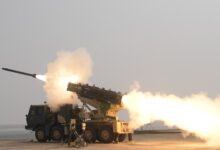
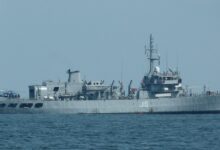
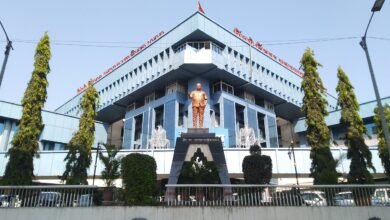
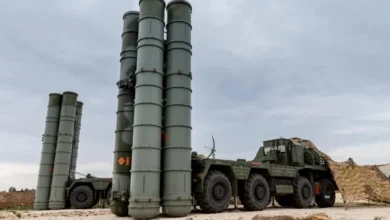
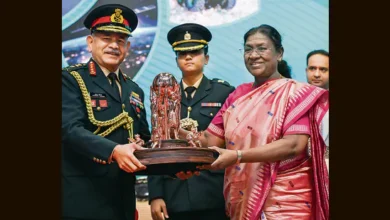
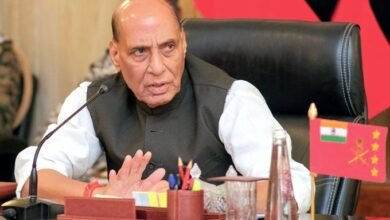
Facebook Comments